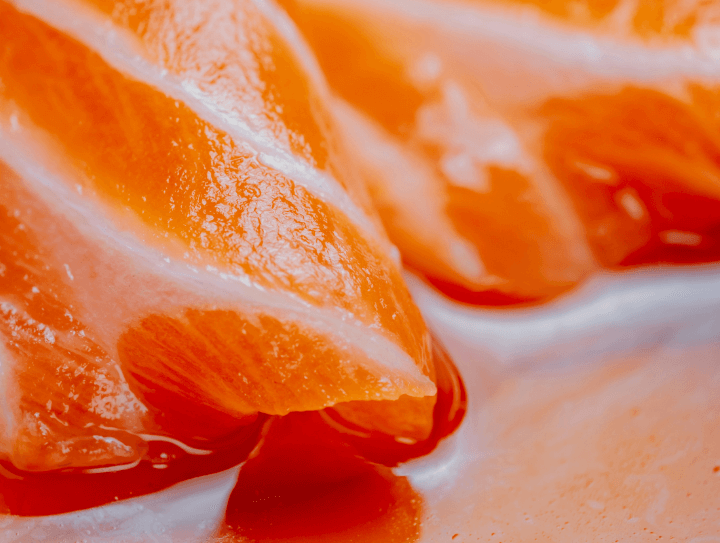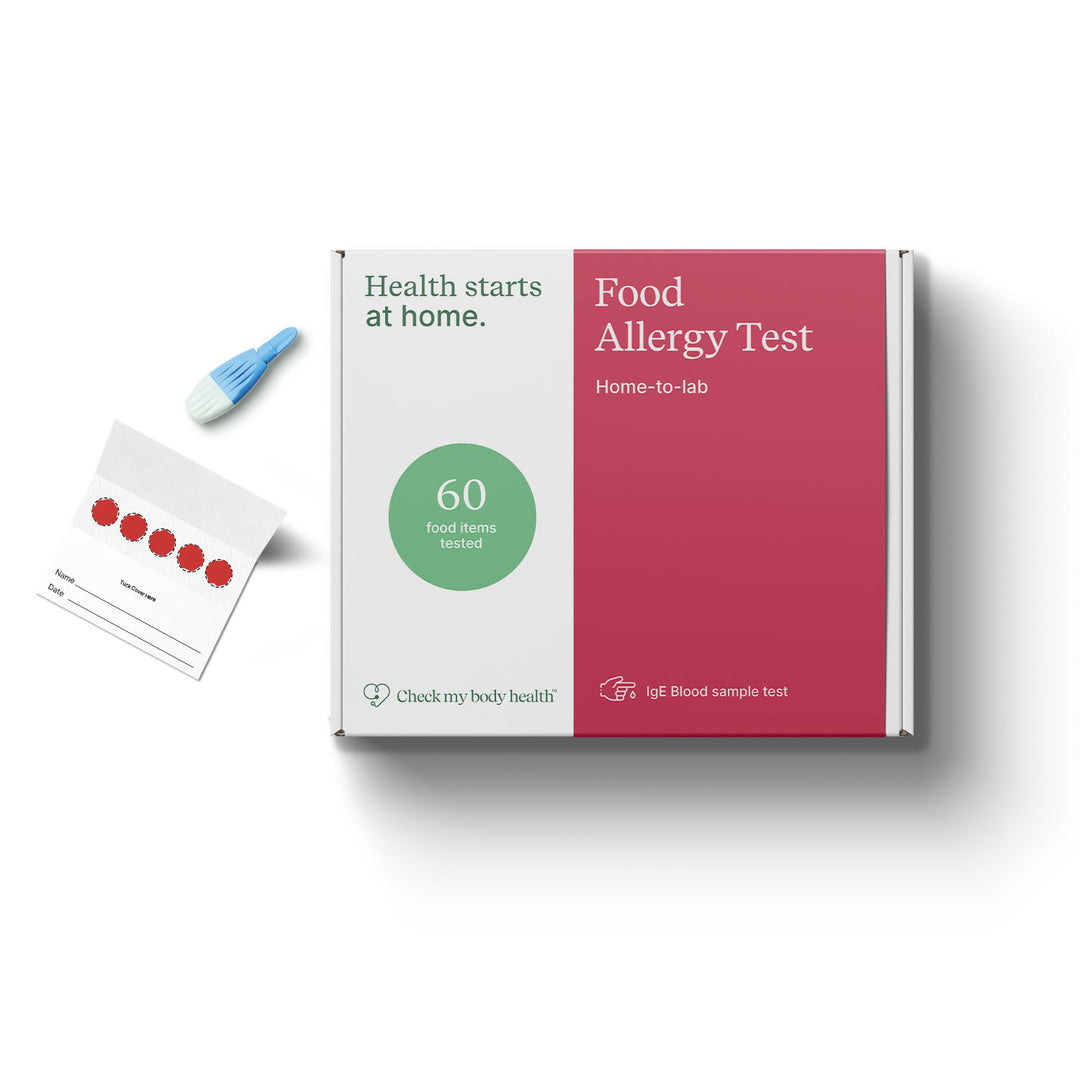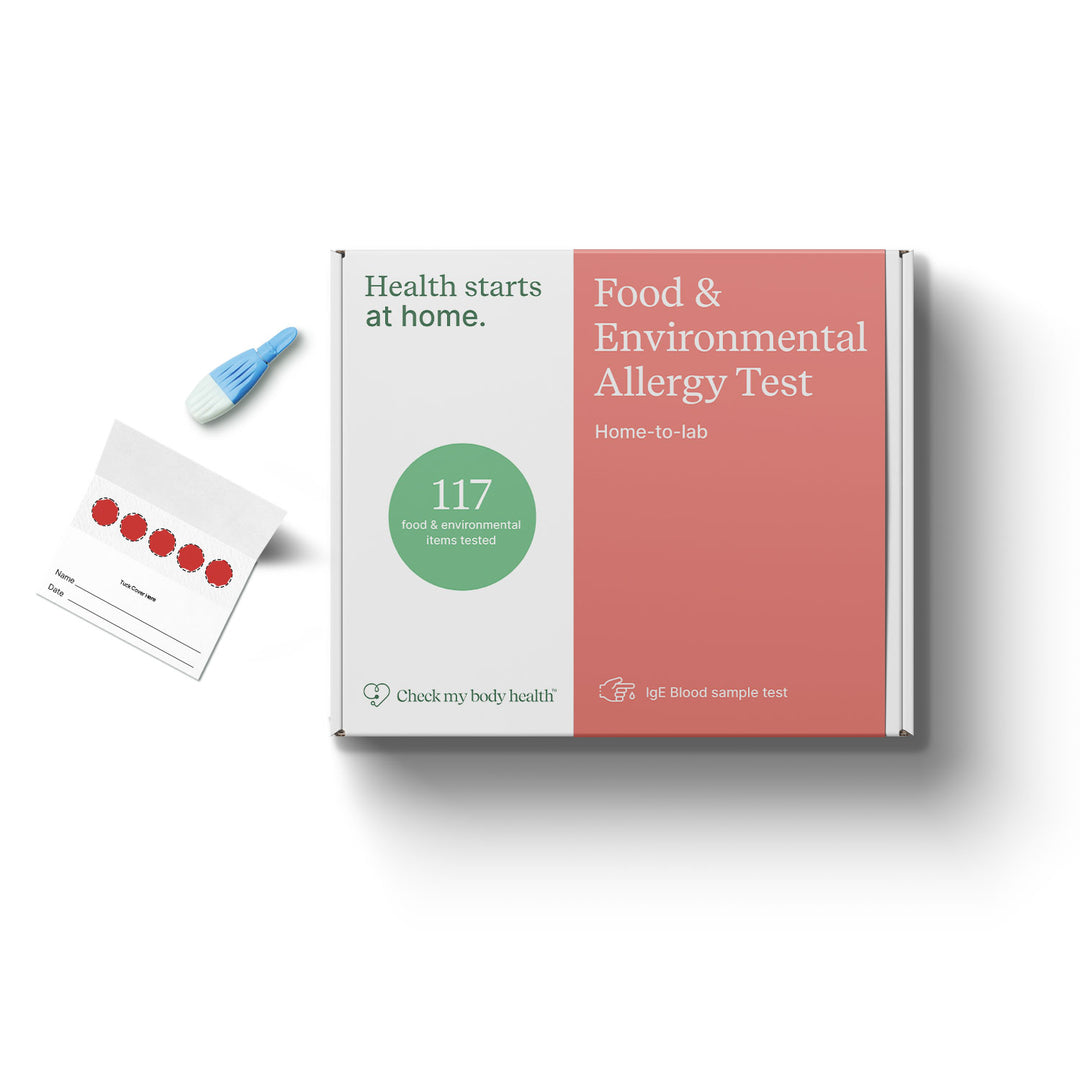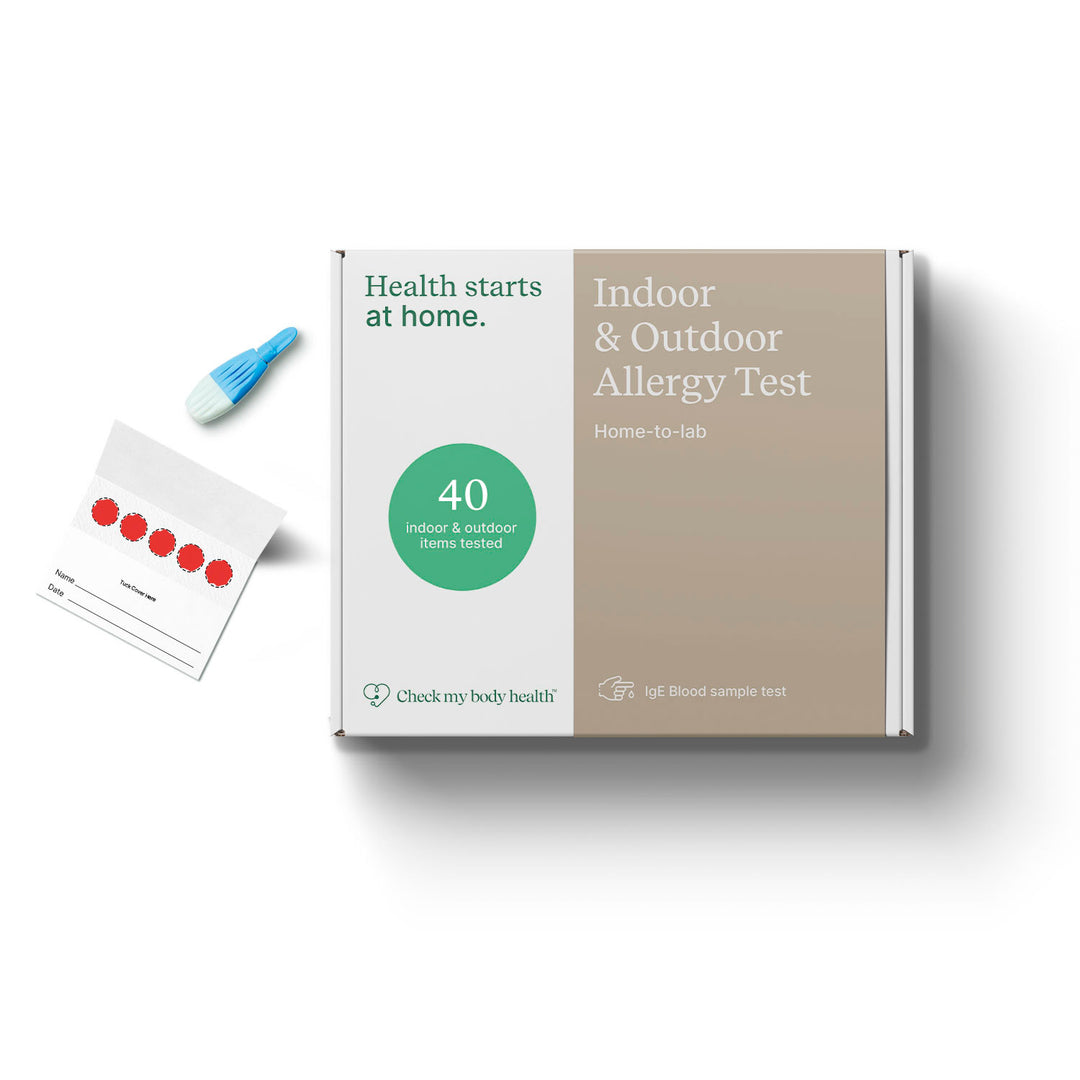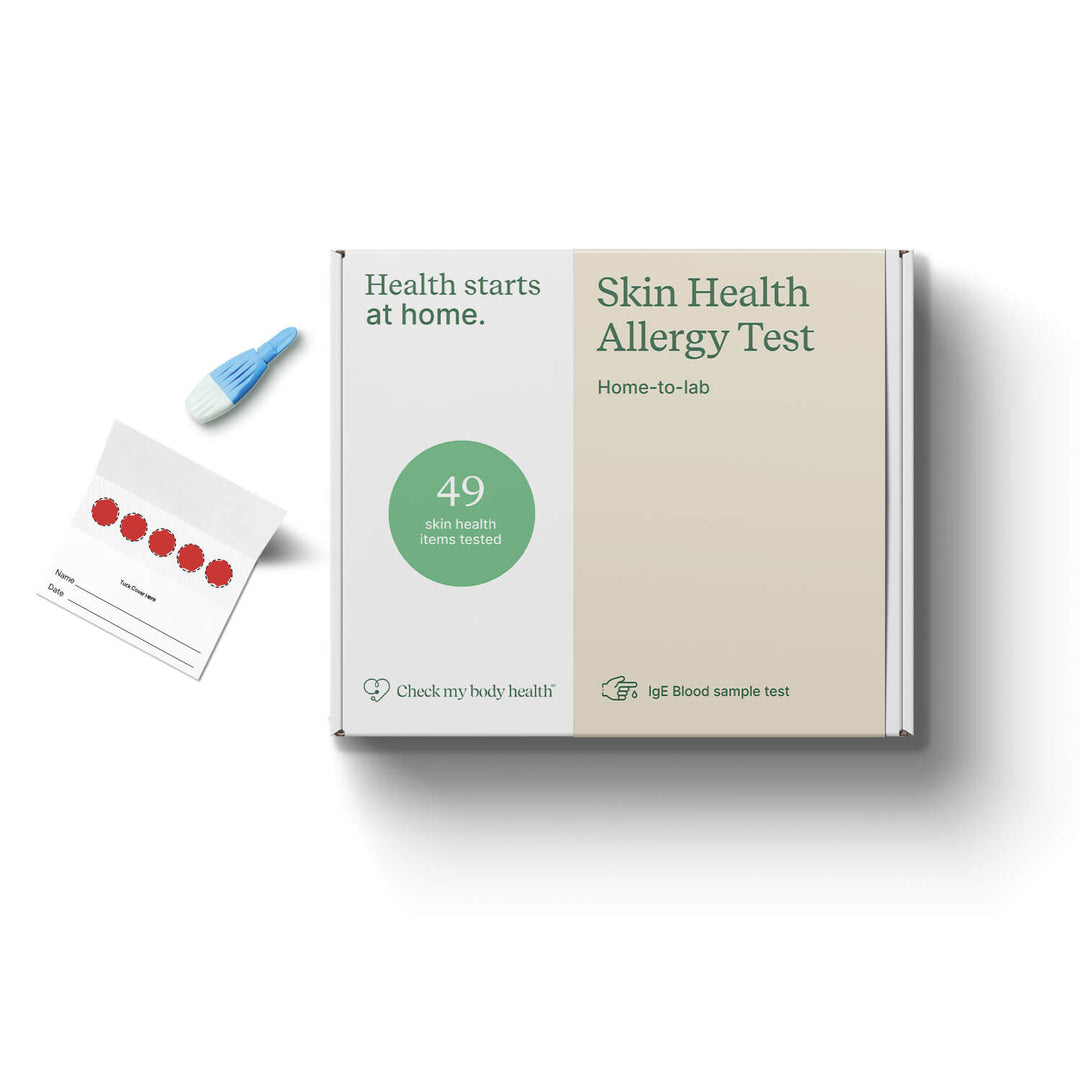Salmon allergy
Recognising salmon allergy
Symptoms of a salmon allergy can appear shortly after consuming salmon and may vary in severity. Common symptoms include:
- Skin Reactions: Hives, itching, eczema, and swelling of the skin.
- Gastrointestinal Issues: Nausea, vomiting, abdominal cramps, and diarrhoea.
- Respiratory Problems: Nasal congestion, runny nose, coughing, wheezing, and difficulty breathing.
- Oral Allergy Syndrome: Itching or swelling in the mouth, lips, tongue, and throat after consuming salmon.
- Anaphylaxis: A severe, potentially life-threatening allergic reaction that requires immediate medical attention. Symptoms include swelling of the throat, difficulty breathing, rapid pulse, dizziness, and loss of consciousness.
Types of salmon allergy reactions
IgE-Mediated Reactions: These immediate allergic reactions occur within minutes to hours after consuming salmon. Symptoms can include hives, swelling, respiratory issues, and anaphylaxis.
IgG-Mediated Reactions: These reactions are delayed and can occur hours to days after exposure to salmon. Symptoms often include gastrointestinal issues such as nausea and diarrhoea.
Alternative foods to eat
If you have a salmon allergy, you can substitute salmon with other protein-rich foods that do not trigger an allergic reaction. Some alternatives include:
- Chicken: A versatile and widely available source of protein.
- Turkey: Another lean protein option that can be used in various dishes.
- Beef: Provides a rich source of protein and iron.
- Plant-Based Proteins: Tofu, tempeh, lentils, and chickpeas are excellent sources of protein for those who prefer plant-based options.




